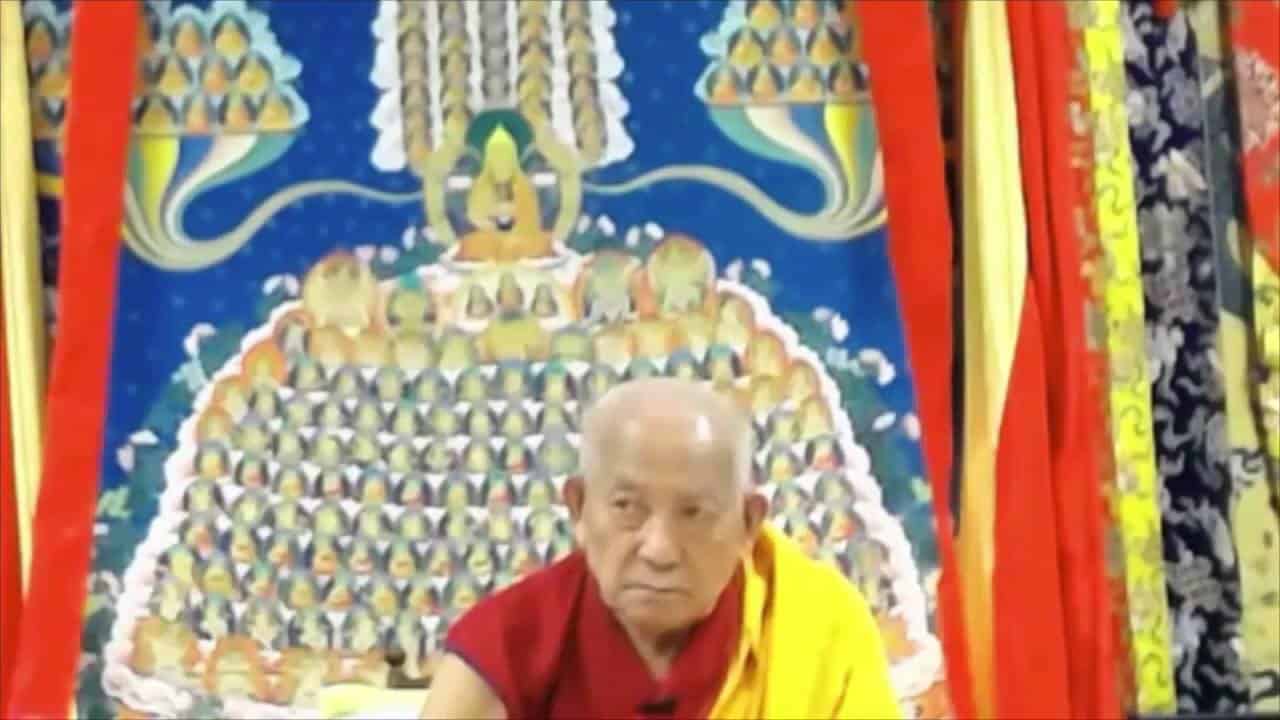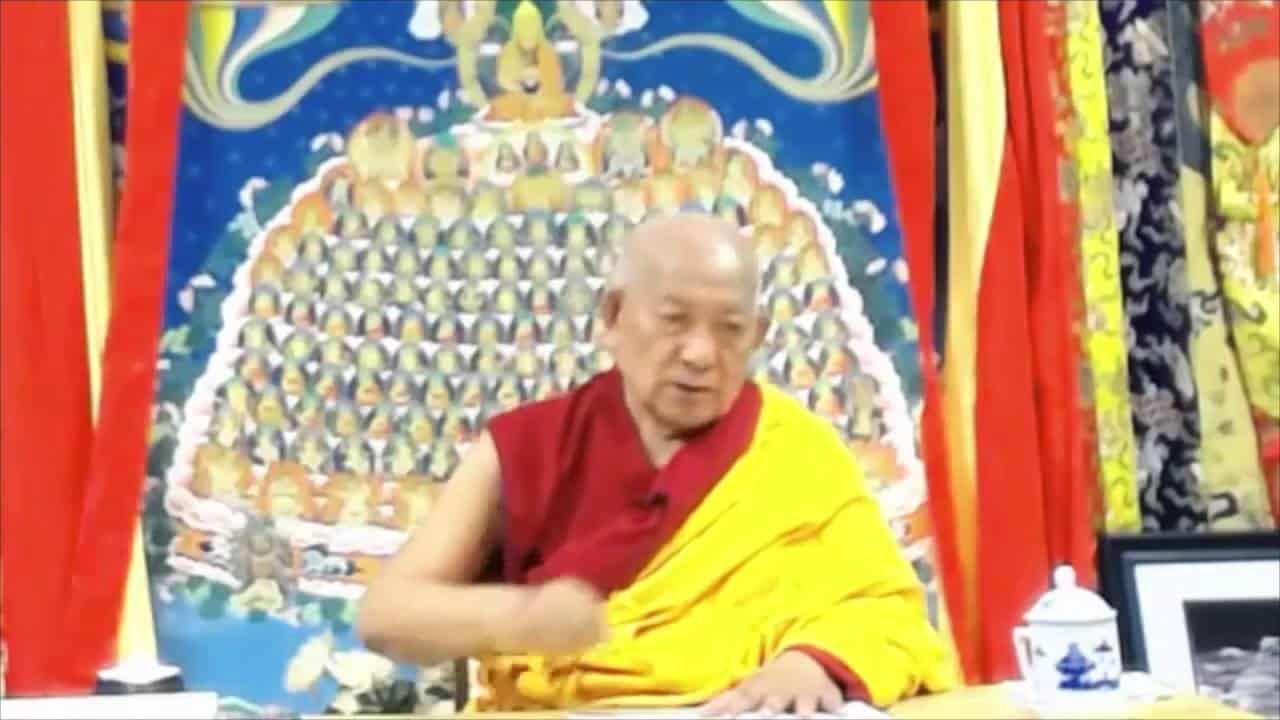Chapter 10: Verses 226-228
Part of a series of teachings on Aryadeva's 400 Stanzas on the Middle Way given on an annual basis at Sravasti Abbey by Geshe Yeshe Thabkhe beginning in 2013.
Questions and answers
- Can the word “permanent” in the text also mean “eternal”?
- Can only the Prasanghika actually refute the notion of the permanent unitary independent self? How do the other schools define “independent” here?
Motivation
To not engage in wrongdoing
To cultivate virtue completely
To discipline your mind
This is the teaching of the Buddha
- Higher training in ethical conduct and its relationship to compassion
- Higher training in meditative stabilization and cultivation of love and compassion
- Higher training in wisdom: disciplining our mind and reducing afflictions
- Upholding scriptural and realizational teachings by studying, reflecting, and practicing
- Benefits of upholding and preserving the Dharma
Verses 226-228
- Understanding emptiness of inherent existence by reflecting on the 12 links of dependent arising, momentariness of cause and effect, impermanence, and suffering
- Refuting the nature of the self existing by its own way, which is posited by non-Buddhist schools
- No physical element has gender; therefore, the self can have no gender
- Why generating the thought “I” when observing another’s self is unreasonable
Geshe Yeshe Thabkhe
Geshe Yeshe Thabkhe was born in 1930 in Lhokha, Central Tibet and became a monk at the age of 13. After completing his studies at Drepung Loseling Monastery in 1969, he was awarded Geshe Lharampa, the highest degree in the Geluk School of Tibetan Buddhism. He is an emeritus professor at the Central Institute of Higher Tibetan Studies and an eminent scholar of both Madhyamaka and Indian Buddhist studies. His works include Hindi translations of The Essence of Good Explanation of Definitive and Interpretable Meanings by Lama Tsongkhapa and Kamalasila's commentary on the Rice Seedling Sutra. His own commentary, The Rice Seedling Sutra: Buddha’s Teachings on Dependent Arising, was translated into English by Joshua and Diana Cutler and published by Wisdom Publications. Geshela has facilitated many research works, such as a complete translation of Tsongkhapa’s The Great Treatise on the Stages of the Path to Enlightenment, a major project undertaken by the Tibetan Buddhist Learning Center in New Jersey where he teaches regularly.


